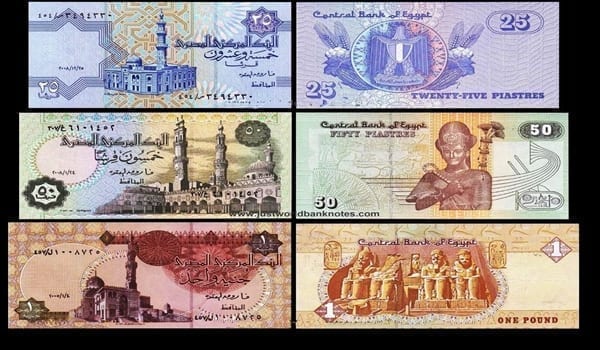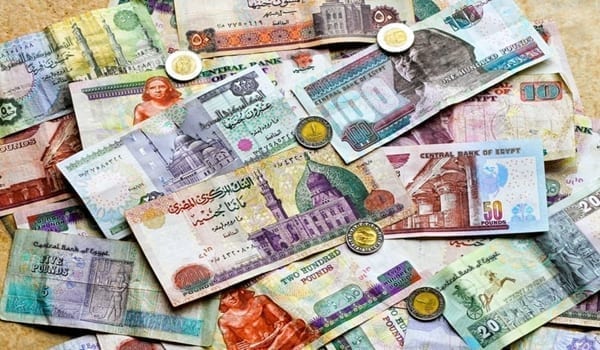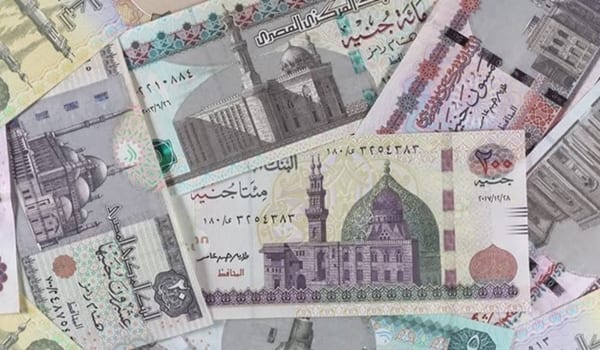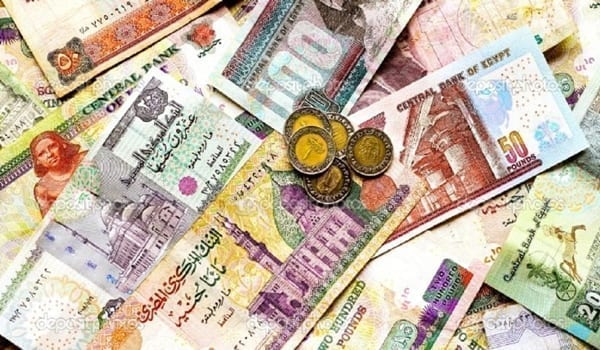Egypt economy forecast , Financial development in Egypt, assessed at 5.6% for 2019, is conjecture to fortify to 5.8% in 2020 and 6% in 2021, upheld by wide based monetary change programs since 2016. Different components supporting development incorporate the recalibration of government’s social consideration programs from general sponsorships on energy items to focused exchanges and enhancements in the business climate. The travel industry, development, and oil and gas were driving development. On the interest side, utilization stayed quelled as fares and ventures were more hearty.
Egypt economy forecast

An expansive based union arrangement presented another worth added charge and a slow decrease in energy appropriations, putting the financial deficiency on a descending pattern from 12.5% of GDP in monetary 2016 to 8.7% in financial 2019. Essential adjusts enlisted an excess in the course of recent years. Obligation development has been contained as the obligation to-GDP proportion tumbled from 103% in 2017 to 89.5% in 2019, somewhat an aftereffect of quickly developing ostensible GDP. The current record deficiency limited to 2.3% in 2019, and unfamiliar trade holds arrived at a record-breaking high at $44.96 billion in August 2019. Swelling pressures are likewise facilitating, remaining at 8.7% year-on-year in July 2019, the most minimal in the previous four years.
The 2020 monetary spending plan expects a hopeful yet achievable 6% development rate. In the principal quarter of 2019, the joblessness rate dropped to 8.1%, its least in 20 years.
Also Read
Tailwinds and headwinds

Egypt’s possibilities are positive. Genuine GDP development is extended to keep up force driven by high homegrown interest and fare development. Egypt is presently a gas exporter, following the disclosure of the Zohr field. With development getting progressively comprehensive, joblessness declining, benefits improving, and government worker compensation expanding, shopper spending should get. The public authority is propelling Egypt’s joining with the remainder of Africa, which should help trades.
Egypt climbed six positions to 114 of 190 nations in the most recent release of the World Bank’s Doing Business. The improving business climate should support homegrown venture and further draw in unfamiliar direct speculation. The decrease in expansion is required to proceed. Subsequently, financial arrangement is getting less prohibitive. Cuts in national bank rates would likewise facilitate the reimbursement weight of the public authority’s huge shortterm obligation.

The 2016 money deterioration set off a sharp expansion in the average cost for basic items. Notwithstanding government social incorporation strategies and the positive financial consequences of the changes, neediness rose from 27.8% in 2016 to 32.5% in 2019. This expansion could additionally impact government social insurance programs. Specifically, the principle money move programs, Takaful and Karama (Solidarity and Dignity), have been fundamentally extended since their presentation in 2016, from 200,000 families to 2.3 million families in 2019. However, they just advantage 33% of poor people, around 10 million individuals.
The agrarian and assembling areas, representing around 13% and 15% of GDP, stayed level. Private speculation, amassed in land energy, actually doesn’t surpass 9% of GDP. Furthermore, private credit stays repressed, going from 36.2% of absolute credit in 2011 to 22.7% in 2019. Albeit net fares turned into the biggest supporter of GDP development in 2019, nonoil trades stay unobtrusive, indicating the feeble passthrough of cash deterioration. Furthermore, 60% of obligation actually conveys a development of one year or less. While joblessness has been moving down, it is still high among youth (26%) and ladies (38%).







